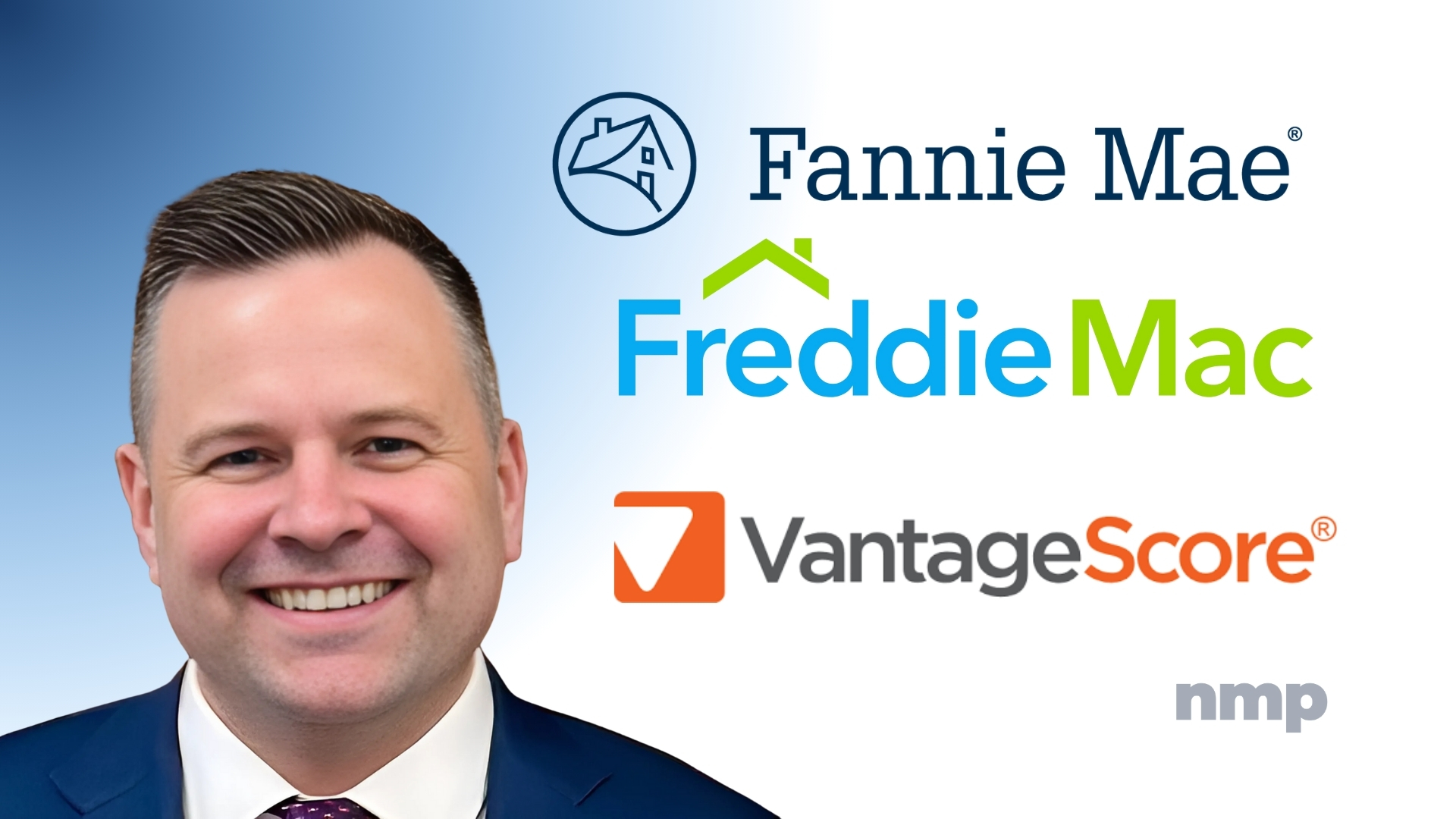Source: site

Mortgage lenders working with Fannie Mae and Freddie Mac can now choose to use Vantage Score 4.0, while still keeping tri-merge credit checks on borrowers.
“Effective today,” Federal Housing Finance Agency (FHFA) Director William J. Pulte posted on X this morning, “to increase competition to the Credit Score Ecosystem and consistent with President Trump’s landslide mandate to lower costs, Fannie and Freddie will ALLOW lenders to use Vantage 4.0 Score with no current requirement to build new infrastructure (stays Tri Merge).”
The post could signal real disruption in the credit scoring and mortgage data landscape — lenders working with Fannie Mae and Freddie Mac can now use VantageScore 4.0, pulling credit from all three major bureaus.
National Mortgage Professional reported in late April that more lenders are checking borrowers’ credit with VantageScore, which was developed by Experian, TransUnion, and Equifax. Overall, some 41.7 billion VantageScore credit scores were used in 2024, up a sizeable 55% from 26.9 billion in 2023.
The announcement today came after Pulte said in May that the FHFA would move forward with plans to change the credit-score requirements for Fannie Mae and Freddie Mac. Pulte has specifically targeted the higher costs of Fair Isaac Corporation (FICO) credit scores, and upon Pulte’s announcement, shares of FICO have fallen more than 10%.
VantageScore’s use has been a mix for mortgage lenders. While VantageScore use in mortgage originations surged 166% in 2024, according to the company, that growth “was more than offset” by a pullback in use by the government-sponsored entities (GSEs), Fannie Mae and Freddie Mac.
“GSEs performed extensive analyses of large mortgage portfolios in 2023, but those uses did not repeat in 2024, resulting in an overall decline in VantageScore mortgage use of 42%,” VantageScore stated.
Pulte’s announcement today could change that. FICO could see a loss of its market exclusivity, since the company has historically dominated the mortgage underwriting process, especially with Fannie Mae and Freddie Mac requiring FICO scores. This shift erodes that exclusive position.
For mortgage lenders, Pulte’s announcement could mean:
- Lower Costs. If VantageScore licensing costs are lower, lenders save on upfront costs associated with pulling credit during loan origination. Cost savings could help boost margins or be passed along to consumers.
- Expanded Borrower Access. VantageScore 4.0 is considered more inclusive, particularly for “thin file” borrowers or those with limited credit history. This move could lead to higher loan approval rates, especially among first-time buyers, minorities, and lower-income applicants.
- Transition Simplicity. Because the tri-merge infrastructure remains intact, no new tech overhaul is needed. That eliminates a key barrier to adoption and accelerates potential uptake.
- Increased Competition And Innovation. By officially approving an alternative credit model, the FHFA is encouraging broader competition, which may drive innovation in scoring methodologies across the industry. It could also drive price competition between FICO and VantageScore going forward.



